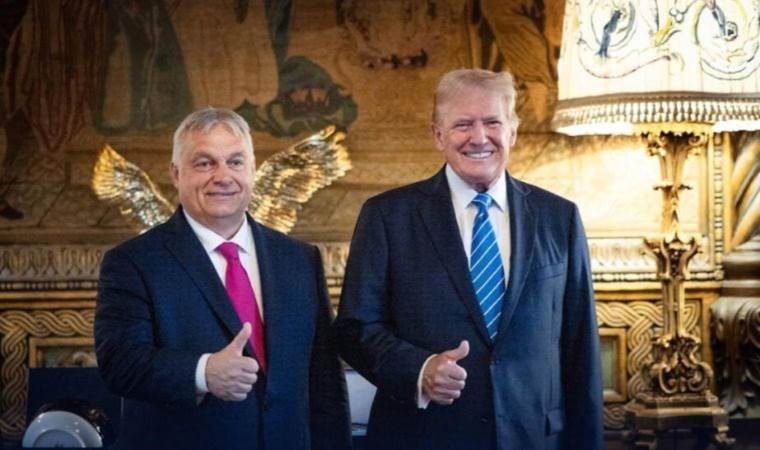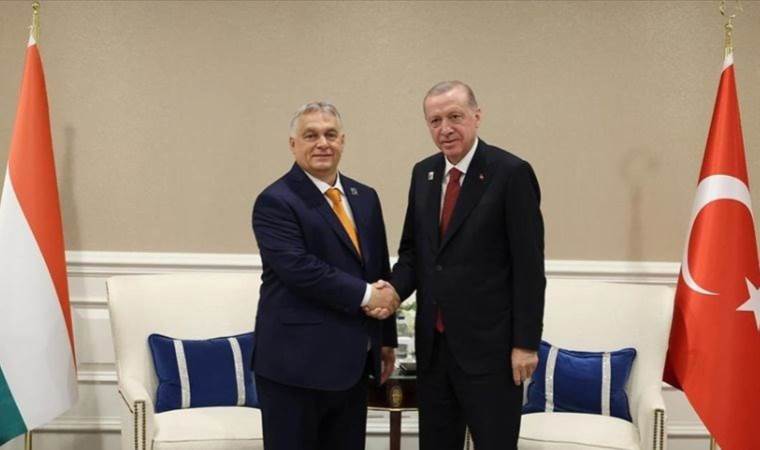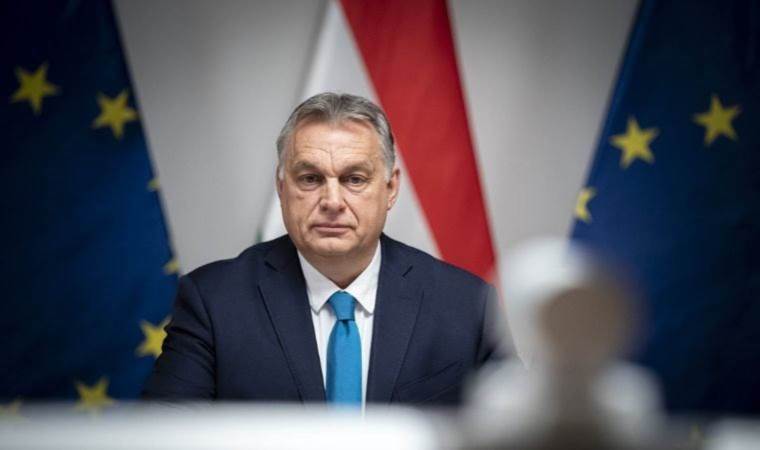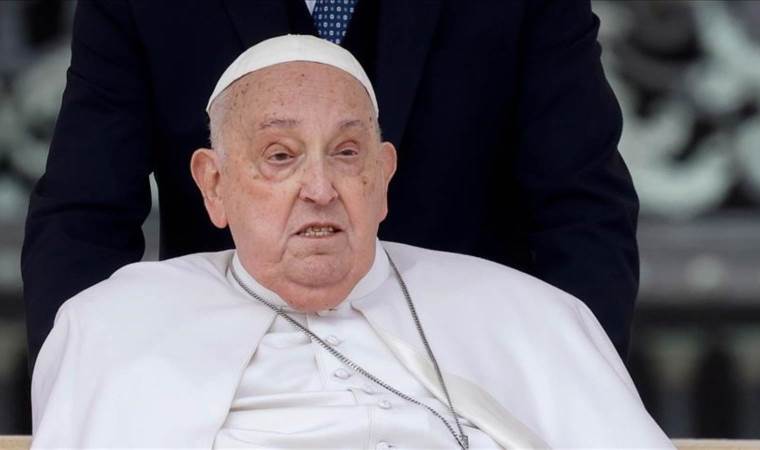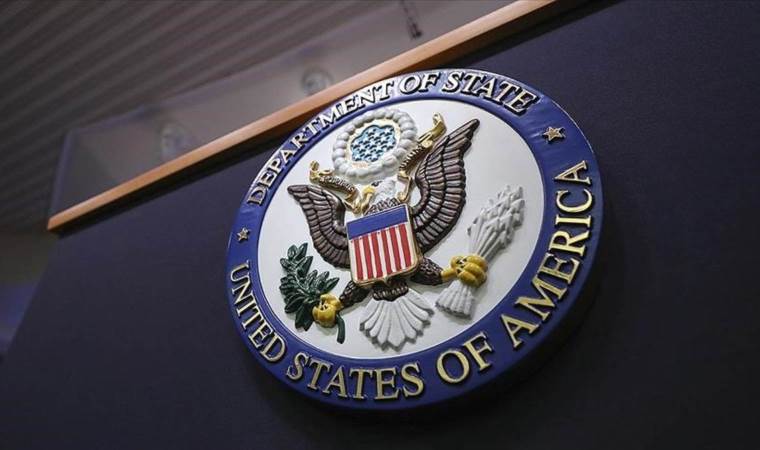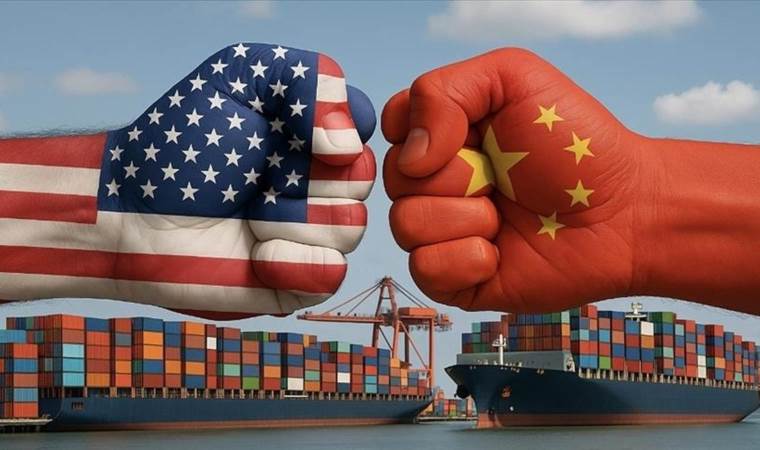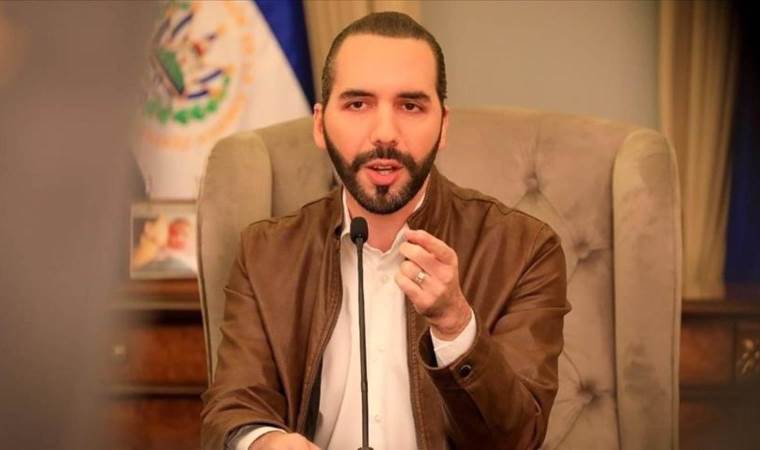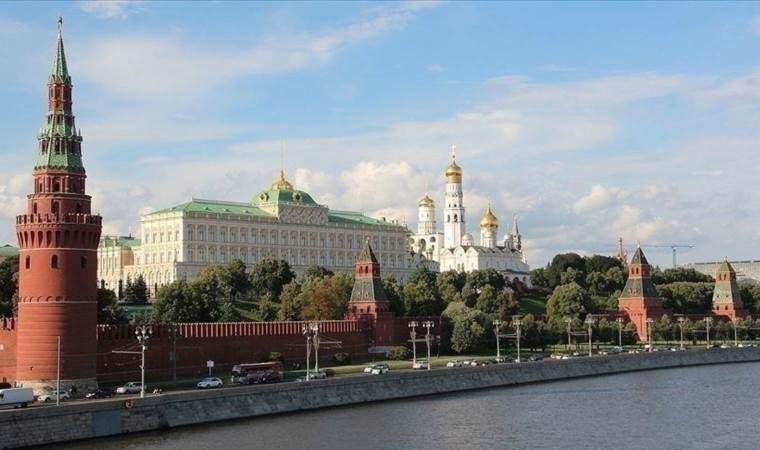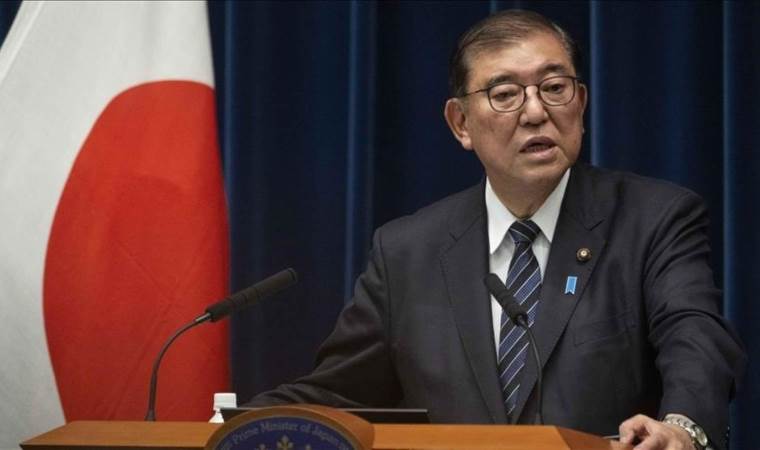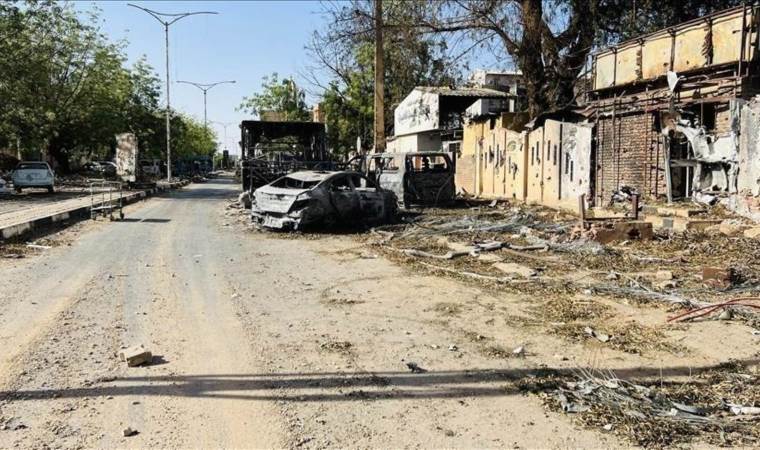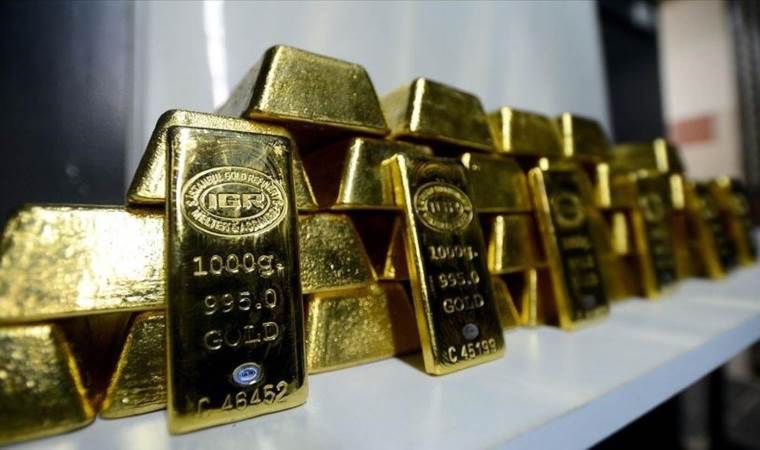Why the EU leadership boycotts Hungary
The European Union (EU) Commission has, for the first time in its history, decided to boycott a member country. EU Commission President Ursula von der Leyen announced that the commission members would no longer participate in meetings held in Hungary, which took over the rotating presidency of the union on July 1.
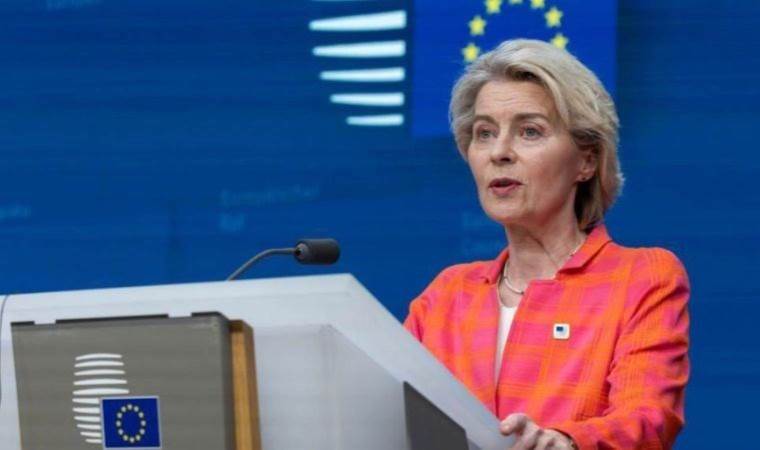
According to sources in Brussels, this decision was taken in response to Hungarian Prime Minister Viktor Orban's "peace mission" visits to Moscow and Beijing.
Hungary, which has had several disagreements with the Brussels administration, especially regarding relations with Russia and support for Ukraine, found itself at odds with the EU leadership just two weeks into its presidency.
A First in EU History
Von der Leyen declared that the EU Commission would no longer send ministers to meetings in Hungary, which will hold the presidency until January 1, 2025. Instead, Hungary will be represented solely by bureaucrats at these gatherings.
As part of the boycott, the commission's routine working visit to Budapest has been canceled. Traditionally, all commission members officially visit the country holding the presidency. The European Parliament has also canceled the customary address by the new EU president, Orban, to the general assembly.
This unprecedented decision marks the first time such sanctions have been imposed on a presiding country. Von der Leyen stated that the decision was made "in light of recent developments." According to diplomatic sources in Brussels, this indicates clear opposition to Orban's self-declared "peace mission" after becoming EU president.
"Peace Mission" Meetings
After taking over the EU presidency, Orban made a surprise visit to Ukraine, followed by a visit to Russia, a country under EU sanctions. Orban's meeting with Russian President Vladimir Putin in Moscow sparked outrage among EU countries and Brussels, which had suspended relations with Moscow following its invasion of Ukraine. Orban also met with Chinese President Xi Jinping and U.S. presidential candidate Donald Trump.
Orban claimed these visits were made as the Prime Minister of Hungary, not as the EU President, but this did not quell the backlash from many member states.
Estonia, Latvia, Lithuania, Poland, Sweden, and Finland protested Orban's visit by deciding to send only bureaucrats, not ministers, to informal meetings organized by Hungary.
Some EU member countries believe Orban is abusing his presidency by creating the impression that he is acting on behalf of the union. The EU's rotating presidency, which changes every six months, does not grant the country holding it the authority to express opinions on foreign policy on behalf of the union.
Many European leaders, including EU High Representative for Foreign Affairs Josep Borrell, deemed Orban's meeting with Putin unacceptable from an EU policy perspective.
The boycott decision by the EU Commission is expected to complicate the legislative process over the next six months, particularly in terms of making decisions on European legislative proposals.
The commission and European Parliament's decision to postpone their traditional visit to Budapest will likely disrupt new legislative proposals in the upcoming year.
Discontent with Hungary's Presidency
Orban, who adapted former U.S. President Donald Trump's campaign slogan for the EU, aimed to set the agenda with "Make Europe Great Again." However, the commission's boycott decision suggests that Hungary will have limited room for maneuver.
The EU leadership, uncomfortable with Hungary's presidency, quickly implemented key initiatives under Belgium's presidency, including accession talks with Ukraine and Moldova, new sanctions on Russia and Belarus, and financial support for Ukraine.
According to EU sources in Brussels, no new regulations that would affect the functioning of the EU are expected to be on the agenda during the six-month term, due to the upcoming European Parliament elections and preparations for the new EU administration.
Thus, Orban's presidency is not expected to have a significant negative impact on the functioning of the EU.
Ursula von der Leyen, who announced the boycott against Hungary, is scheduled to face a vote in the European Parliament on Thursday for her second term as EU Commission President. According to EU sources, von der Leyen aims to gain support from other parties against the far-right group formed by Orban, the third-largest group in the European Parliament.
Most Read News
-
 Pope Francis dies at 88 after prolonged illness: Vatican
Pope Francis dies at 88 after prolonged illness: Vatican
-
 US scales back development, diplomatic presence in Afric
US scales back development, diplomatic presence in Afric
-
 China sanctions US lawmakers, officials, NGO heads
China sanctions US lawmakers, officials, NGO heads
-
 El Salvador’s president calls on Maduro to release Venez
El Salvador’s president calls on Maduro to release Venez
-
 Kremlin ‘satisfied’ with US position ruling out NATO mem
Kremlin ‘satisfied’ with US position ruling out NATO mem
-
 Russia, Ukraine report airstrikes as Putin’s Easter ceas
Russia, Ukraine report airstrikes as Putin’s Easter ceas
-
 Trump ‘values’ talks with Japan, says Premier Ishiba ami
Trump ‘values’ talks with Japan, says Premier Ishiba ami
-
 Israel bans Palestinian minister from occupied West Bank
Israel bans Palestinian minister from occupied West Bank
-
 At least 33 civilians killed in RSF shelling of Sudan’s
At least 33 civilians killed in RSF shelling of Sudan’s
-
 Gold price exceeds $3,400 to reach new record high amid
Gold price exceeds $3,400 to reach new record high amid
